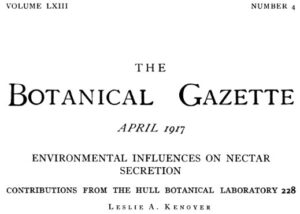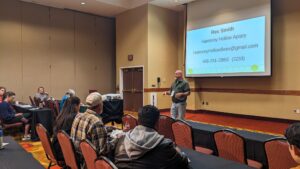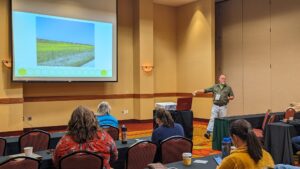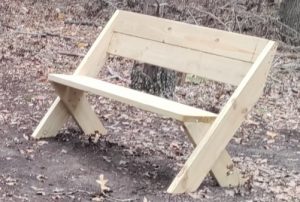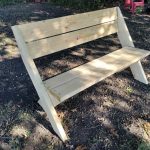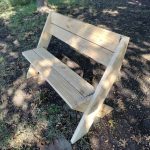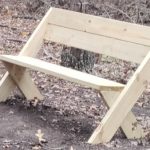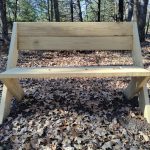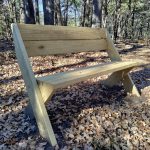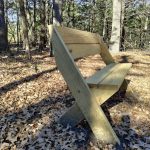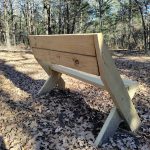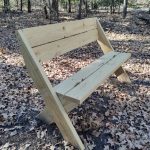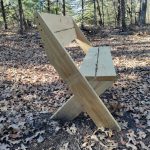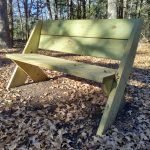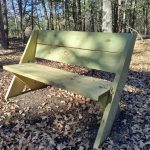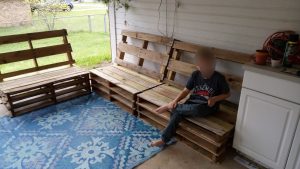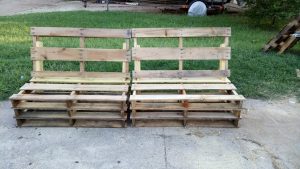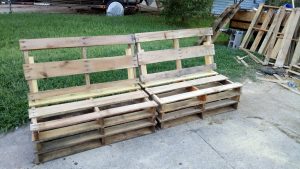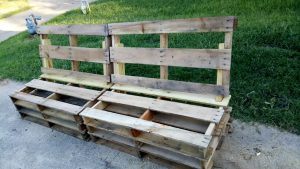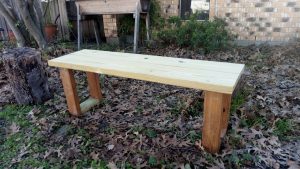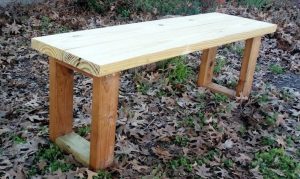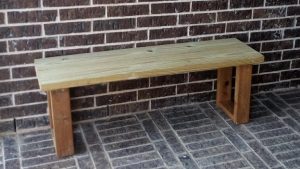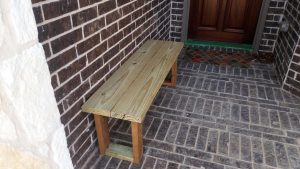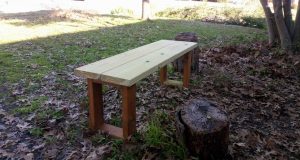In North Texas – the 2024 spring season gave me a false hope of being a good honey production year. The first weeks in March provided the beginning of a decent nectar flow from the plants that were in bloom leading up to that week. Several hives proved to me that nectar was being brought in – with plenty of open cells of nectar being brought in to the hives.
Then it started to rain. and rain…. and rain….
I use an app called BushelFarm (formerly known as FarmLogs) to track rainfall amounts on specific property lots. BushelFarm is pretty darned accurate for rainfall numbers – and it gives a daily alert of rainfall, and tracks the amount (in the paid account version).
For the 103 calendar days from Feb 29 2024 to June 11 2024, there were 47 days of rain – that totaled to 40.76″ of rain. This averages to rain every 2.19 days.
In 1917, a report was issued in the Botanical Gazette – it is indicated that measured nectar from red clover and white clover have significant decreases in sugar concentrations on the day of a rain, as well as up to several days after a rain event.
It is said in North Texas – that it takes 3-4 days for our native plants to recover from a rain to thicken up the nectar it offers to pollinators. With an average of 2.19 days between rains – the plants never had a chance to significantly recover their nectar before another rain came along. The bees (and other pollinators) suffer shortages of natural forage (nectar) – and require being fed by the beekeeper to sustain their lives to the next season of potential available nectar – which is usually in late autumn when rains may induce another bloom from the plants available at that time.
Reported research results from :
https://www.journals.uchicago.edu/doi/pdf/10.1086/332023
VOLUME LXIII NUMBER 4
T H E
BOTANICAL GAZETTE
APRIL 1917
ENVIRONMENTAL INFLUENCES ON NECTAR
SECRETION
CONTRIBUTIONS FROM THE HULL BOTANICAL LABORATORY
Leslie Kenoyer(from page 253)
RAINFALL
The author has shown in a statistical study (12) that heavy rainfall just before the secreting season is advantageous, as it gives the plants greater vigor. But during the season of greatest secretion good years are somewhat drier than poor. Also a rainy day shows a lighter honey yield than a day before or after the rain.The deterrent effect of the rain on the honey flow is twofold: it hinders the activities of bees and it washes away the nectar. To illustrate the latter point, in 1915 on the morning following a day of continual rainfall, red clover corollas were found to contain 0.02 mg. sugar per gm., whereas a day earlier they contained
3. 8 mg.,a day later o. 6 mg., and 2 days later 4.4 mg. Buckwheat blossoms were subjected to an experiment to determine the extent to which rains wash away the nectar. Flowers subjected before
gathering to a spray for 20 minutes, 15 mm. of water falling,were found to contain 0. 12 mg. per 10 as against 1.28 mg. per 10 of untreated flowers. A 30-minuterain of 35 mm. reduced the nectar of red clover blossoms from 0.48 to o. 19 mg. per 10, and that of white clover blossoms from 0.27 to 0. 07 mg. per 10.
As of 12 June, 2024 – the only potential blooms in our area – are mesquite trees – which in some areas are in their 2nd seasonal bloom, and possibly horse-mint (spotted bee balm or Monarda). Once we approach 95+ Deg F – the summer is here, and no more food until Snow on the Prairie. For those who don’t know – Snow on the Prairie is a wildflower that makes a nectar that is “spicy” to humans – and not very pleasing to the palate as it makes ones’ throat seem to be burning. Great food for the bees, though.

